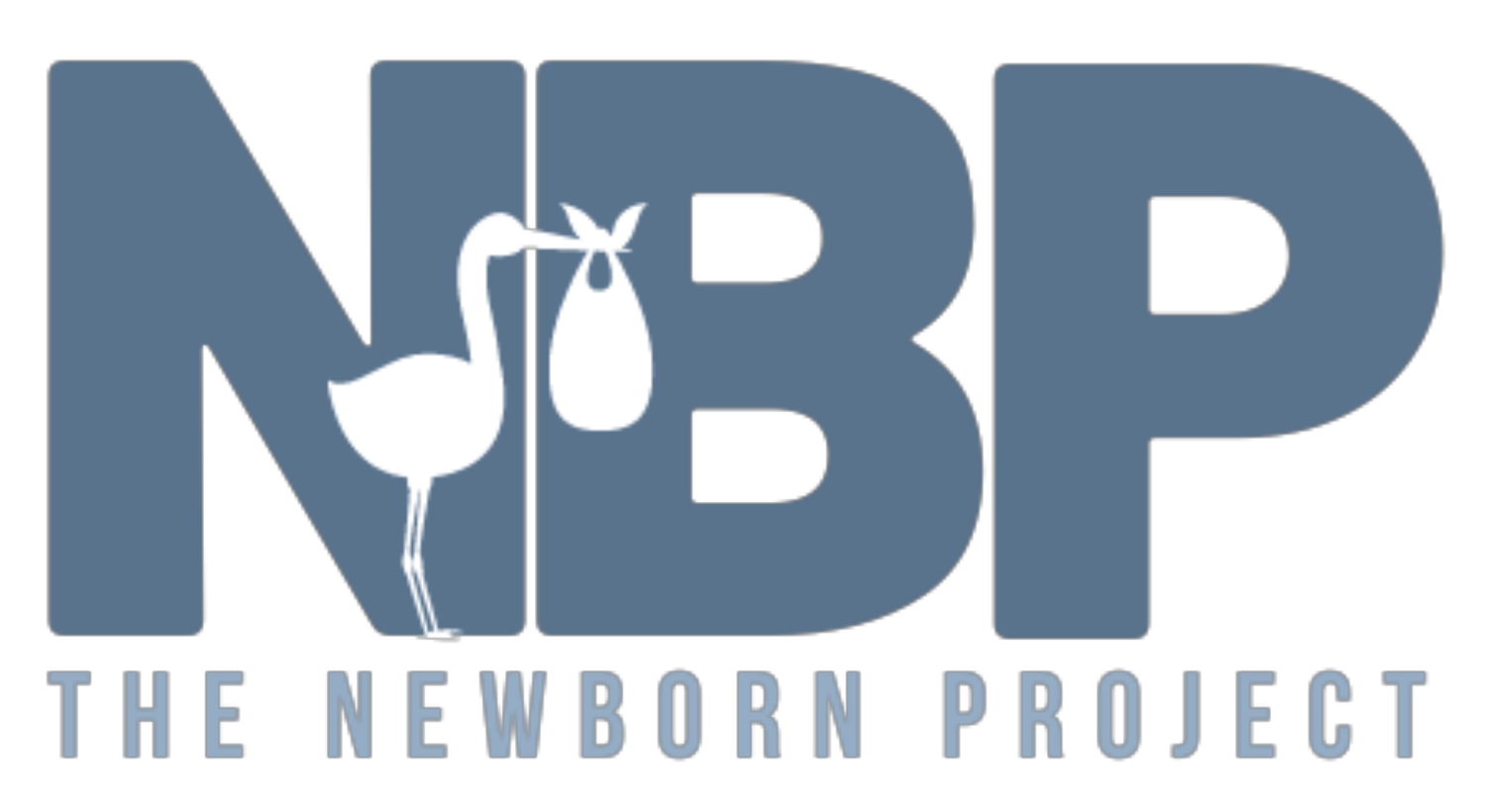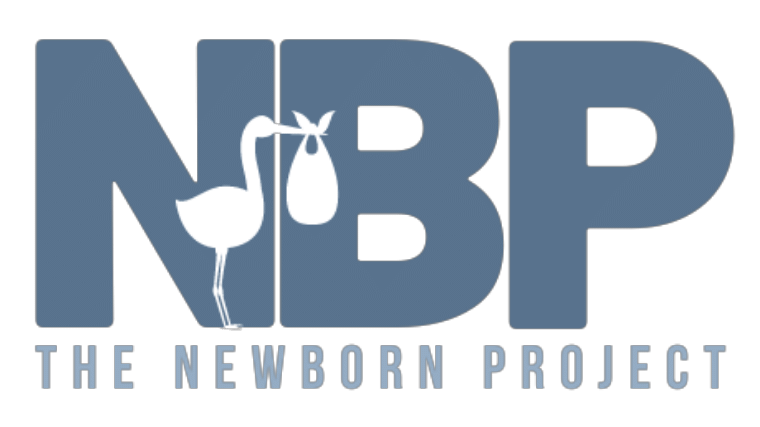Our Services
The Newborn Project is a much-needed nonprofit organization that aims to provide comprehensive, in-home, and virtual healthcare services to patients in the postnatal and postpartum stages. With a focus on low-income and under-served populations, The Newborn Project will work to ensure that parents have access to the support they need during this critical time. We are committed to supporting, nurturing, and educating these mothers during this crucial time. The following is a list of services we aim to offer.
Pelvic Floor Recovery
The pelvic floor is a group of muscles and connective tissues that support the organs in the pelvis, including the bladder, uterus, and rectum. During pregnancy and vaginal delivery, the pelvic floor muscles may become stretched and weakened. Pelvic floor recovery is crucial for postpartum mothers to restore strength and function to these muscles, which can help prevent or alleviate issues like urinary incontinence, pelvic organ prolapse, and sexual dysfunction.
Lactation Support
Breastfeeding mothers sometimes face challenges with nursing their newborns. Lactation support is meant to help parents overcome challenges, gain confidence, and establish a strong breastfeeding relationship with their infants. It provides guidance, information, and assistance to address issues like latch problems, milk supply concerns, and discomfort, ultimately promoting the health and well-being of both the mother and baby while fostering the emotional bond between them.
Patient Advocacy
Patient self-advocacy encompasses actively engaging in medical care, including asking questions, voicing concerns, making informed decisions in collaboration with healthcare providers, contesting unauthorized medical bills, learning to negotiate personal medical expenses, and effectively dealing with health insurance companies. This comprehensive approach is essential to ensure that healthcare needs are addressed and financial concerns are managed efficiently.
Postpartum Depression
Postpartum depression is a mood disorder that can affect some new mothers, causing persistent feelings of sadness, anxiety, and exhaustion after giving birth. It is important to seek proper care because untreated postpartum depression can have serious consequences, impacting the mother's ability to care for herself and her baby, disrupting the mother-infant bond, and leading to long-term mental health issues. Prompt diagnosis and treatment can significantly improve the well-being of both the mother and her child.
Maternal Mortality Prevention
Maternal mortality during the postpartum stage is a significant concern, as many maternal deaths occur in the weeks following childbirth. Timely identification and management of complications, such as postpartum hemorrhage, infection, or hypertensive disorders, are critical for preventing these tragedies. Effective postpartum care, including regular check-ups, access to skilled healthcare providers, and increased awareness of warning signs, can make a crucial difference in identifying and addressing potential issues, ultimately reducing postpartum maternal mortality rates and ensuring the well-being of new mothers.
Bereavement Support
Bereavement support during postpartum refers to the emotional and practical assistance provided to individuals who have experienced the loss of a baby shortly before, during, or after childbirth. This support is crucial as it addresses the unique and profound grief that accompanies perinatal loss. Losing a child during the postpartum period can be an overwhelming and isolating experience, and bereavement support plays a crucial role in helping parents navigate their grief, process their emotions, and find ways to cope. It often involves counseling, support groups, and resources to help individuals and couples cope with the complex feelings of loss, guilt, and sadness.
Nutrition Guidance
Adequate nutrition is essential for healing, replenishing nutrient stores, and supporting breastfeeding if applicable. Additionally, proper nutrition during this time can positively influence energy levels, mood, and overall resilience, helping mothers navigate the challenges of caring for a newborn. Guidance on nutrient-dense foods, hydration, and personalized dietary considerations addresses individual needs, promoting optimal recovery and laying the foundation for sustained maternal health.
Baby car seat inspections
Properly installed and correctly used car seats significantly reduce the risk of injury or death in the event of a collision. Regular inspections, often conducted by certified technicians, help parents and caregivers confirm that their car seats are installed securely and that the harnesses and other components are appropriately adjusted for the child's size and weight. Many car seat inspections also provide valuable education on the correct usage of the seat, addressing common mistakes and misconceptions.
Sleep Consultation
The arrival of a newborn can bring significant sleep disruptions, leading to exhaustion and increased stress for new mothers. A sleep consultant can provide valuable guidance on establishing healthy sleep routines for infants, helping them develop better sleep habits that contribute to their overall well-being. For postpartum moms who often grapple with sleep deprivation and its impact on mental and physical health, a sleep consultant offers personalized strategies to improve sleep quality and duration. By addressing sleep challenges early on, these consultations contribute to a more rested and resilient postpartum experience, enhancing both the mother's ability to cope with the demands of motherhood and the newborn's development. Overall, sleep consultations play a vital role in promoting the health and harmony of the entire family during the critical postpartum period..
SIDS Prevention
Sudden Infant Death Syndrome (SIDS) is a tragic and unexplained phenomenon where an otherwise healthy infant, typically under the age of one, dies unexpectedly during sleep. The exact cause of SIDS remains unclear, making prevention strategies crucial. It is paramount to educate mothers on SIDS prevention because they play a central role in their infants' care.
Preparing Children for Newborn’s Arrival
Preparing other children for a newborn's arrival is crucial to fostering a smooth and positive transition for the entire family. Siblings often experience a mix of excitement and apprehension when a new baby is on the way, and helping them understand and anticipate the changes can mitigate potential feelings of displacement or jealousy. It's an opportunity to instill a sense of responsibility, cooperation, and empathy in older siblings.
Support for Newborns with Disabilities
This support encompasses a multidisciplinary approach involving healthcare professionals, therapists, and support networks for newborns and their families. Early intervention services are crucial in addressing developmental challenges and providing necessary therapies to enhance the infant's quality of life. Emotional and informational support for parents is equally vital, helping them navigate the emotional complexities of raising a child with disabilities and connecting them with resources and communities that can offer guidance and understanding.



